Recent Posts
- Home
- Elevate Blog
- What is Compost Contamination?
What is Compost Contamination?
Posted on
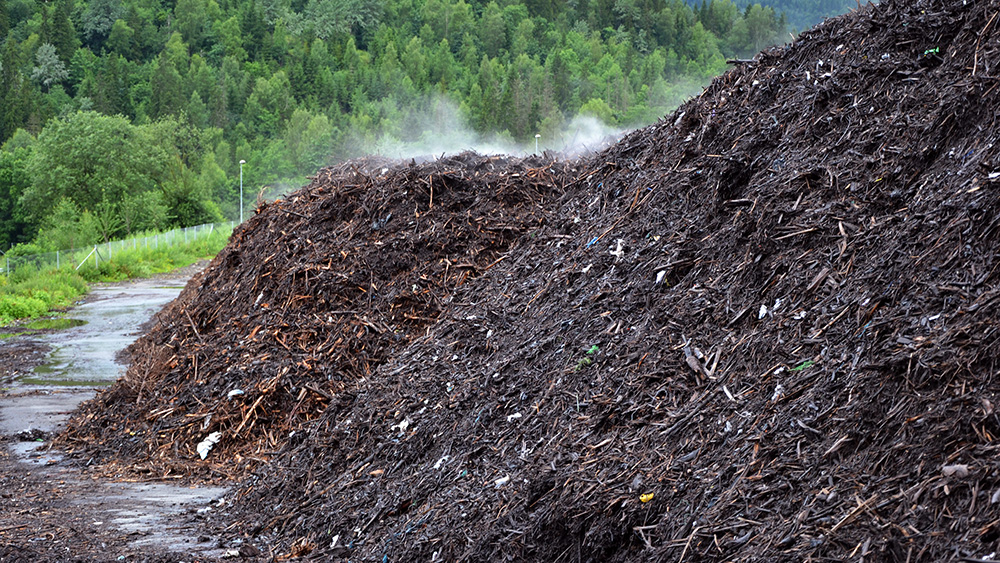
How Does Compost Contamination Happen?
Compost contamination is when non-compostable items end up mixed with organics in a compost bin. These are things that don’t belong in compost because they don’t decompose entirely (or at all) during the compost manufacturing process. This trash gets mixed up with compost feedstocks and, if not removed, can end up in finished compost and added to soil.
There are a variety of reasons contamination can happen. Some non-compostables, such as produce stickers, can be easy for well-meaning consumers to miss. Products marketed as biodegradable (but not compostable!) can be mistakenly put into compost bins. Even some items such as tea bags that are presumed to be compostable can contain plastics! A lack of clear labeling or educational resources about composting can lead to non-compostables being placed in a compost bin.
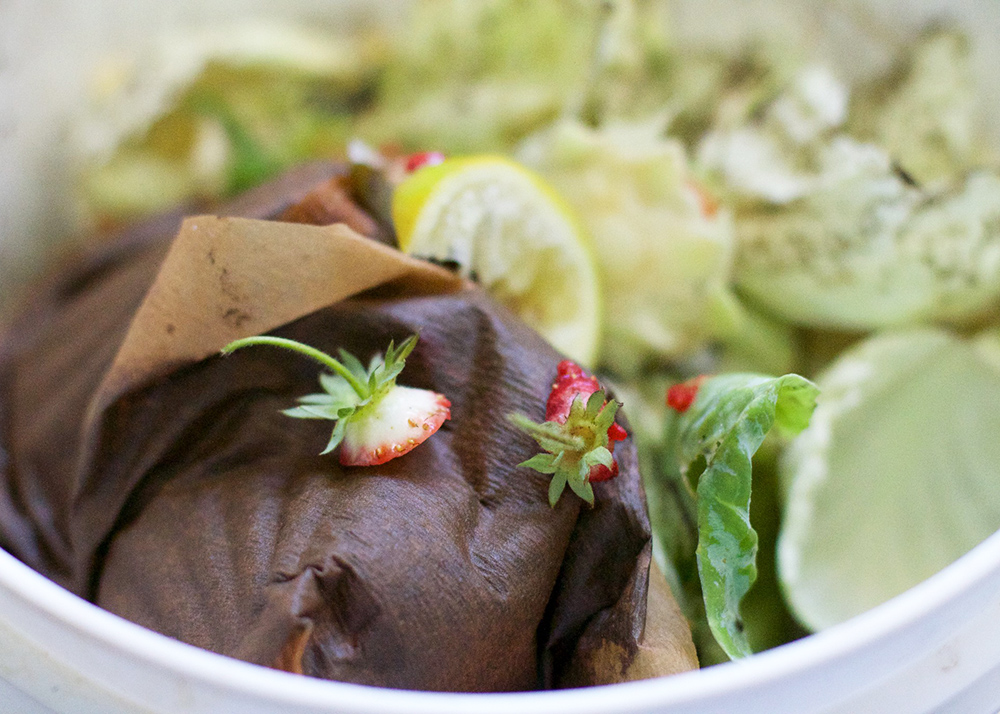 Every Last Organic Shred to the Compost Bucket by Alan Levine, on Flickr
Every Last Organic Shred to the Compost Bucket by Alan Levine, on Flickr
Potential contaminants range from non-compostable items such as plastics and glass, to chemicals such as pesticides and herbicides.
In each of these cases, the non-compostables will hitch a ride to the compost facility where it is difficult and time consuming to remove them.
“While any non-compostable item is undesirable in collected organics, the physical contaminants of most concern to composters are the Big Three: Plastics, glass and produce stickers.”
- Controlling Contamination In Collected Organics, Biocycle
When a hauler brings organic materials to a facility, composters will first conduct a visual inspection of the organic input. If contamination is found then the composter has a choice: either pick it out by hand before accepting the load, or reject the entire load and send it to landfill.
Next, the organic input is put through a screening process to remove additional contamination that the visual inspection may have missed. Any physical contaminants found will be removed and sent to landfill.
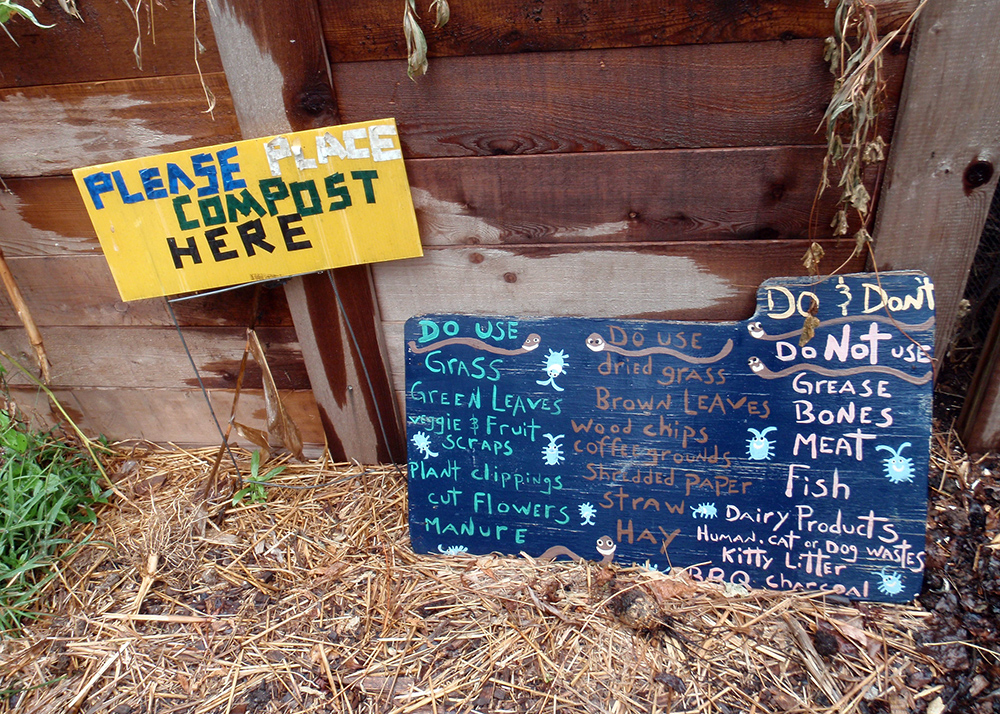 Oakhurst Community Garden Daniel Lobo, on Flickr
Oakhurst Community Garden Daniel Lobo, on Flickr
Why Does it Matter?
If all compost input is screened, then why is contamination a big deal? Because the efficiency of composting facilities plays a crucial role in developing the circular economy!
Physical contaminants that sneak past the screening process may inadvertently end up in finished compost ( Here’s those plastic produce stickers again!) Imagine purchasing a bag of compost and finding pieces of plastic mixed in. Not only would it look terrible, you couldn’t use it in your garden without first picking out all of the trash.
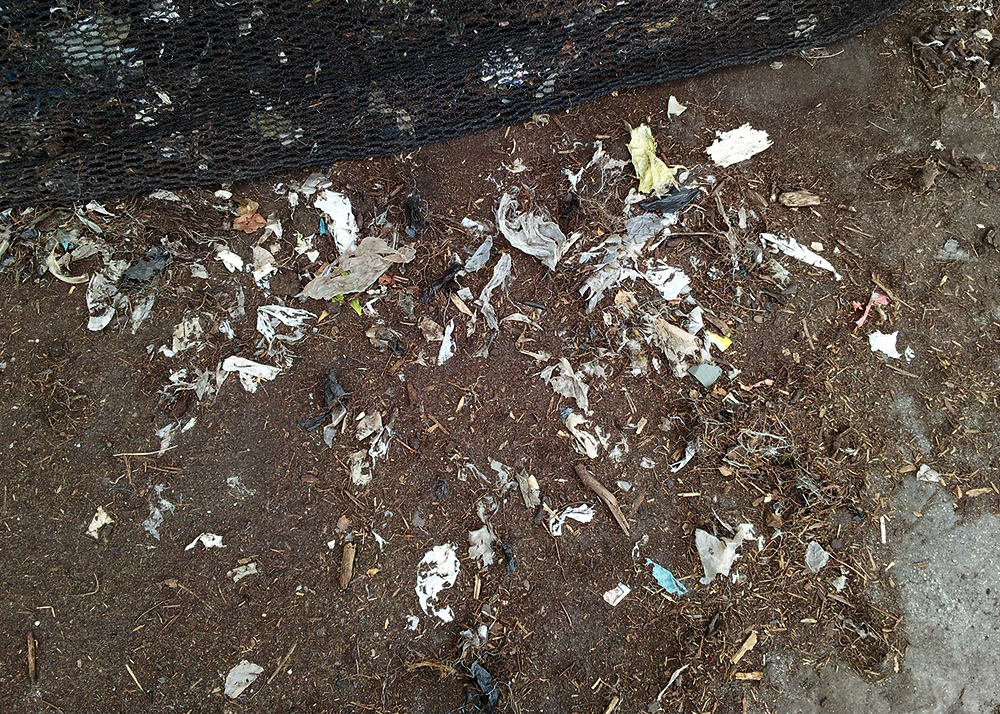 Compost Facility Tour by Department of Environmental Protection Recycling, on Flickr
Compost Facility Tour by Department of Environmental Protection Recycling, on Flickr
Ensuring no contamination allows composters to focus on making compost. Each extra step of removing contaminants and shipping them to landfill costs time and money.
Preventing Compost Contamination
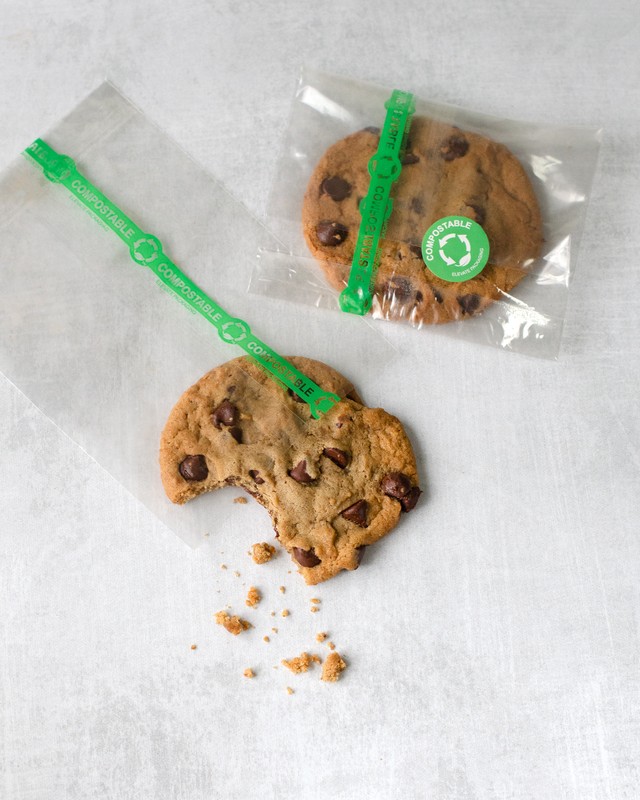
Make sure that your compostable packaging is clearly labeled as compostable and don't forget to tell your customers about composting! This way customers will know how to dispose properly, and composters that accept compostable packaging can easily can identify it when inspecting the organic input they receive.
The journey of compostable packaging doesn't end once it's used by consumers. Making sure that used compostable packaging reaches composters and can be composted at their facility is vital for a truly circular economy, and for enriching our soil!
Read More: Ensuring the Success of Compostable Packaging
Consider taking part in a compostable packaging take-back program that ensures compostable materials are composted!
The Compost Stewardship Institute connects consumers, brands, and composters. Pre-verified and tested compostable packaging is collected, delivered, and processed, maximizing its positive impact on the environment. Collecting back used compostable packaging reduces waste, makes sure it doesn't end up in landfills, and transforms it into a valuable resource that gives back to the earth.
For composters, this means receiving a steady supply of contamination-free, verified compostable materials, which they can turn into high-quality compost.
When it becomes easier to collect uncontaminated organic input more compost will be produced and the positive impact on our environment will be far greater!
Want to get ALL your packaging composted?
 Loading... Please wait...
Loading... Please wait...



